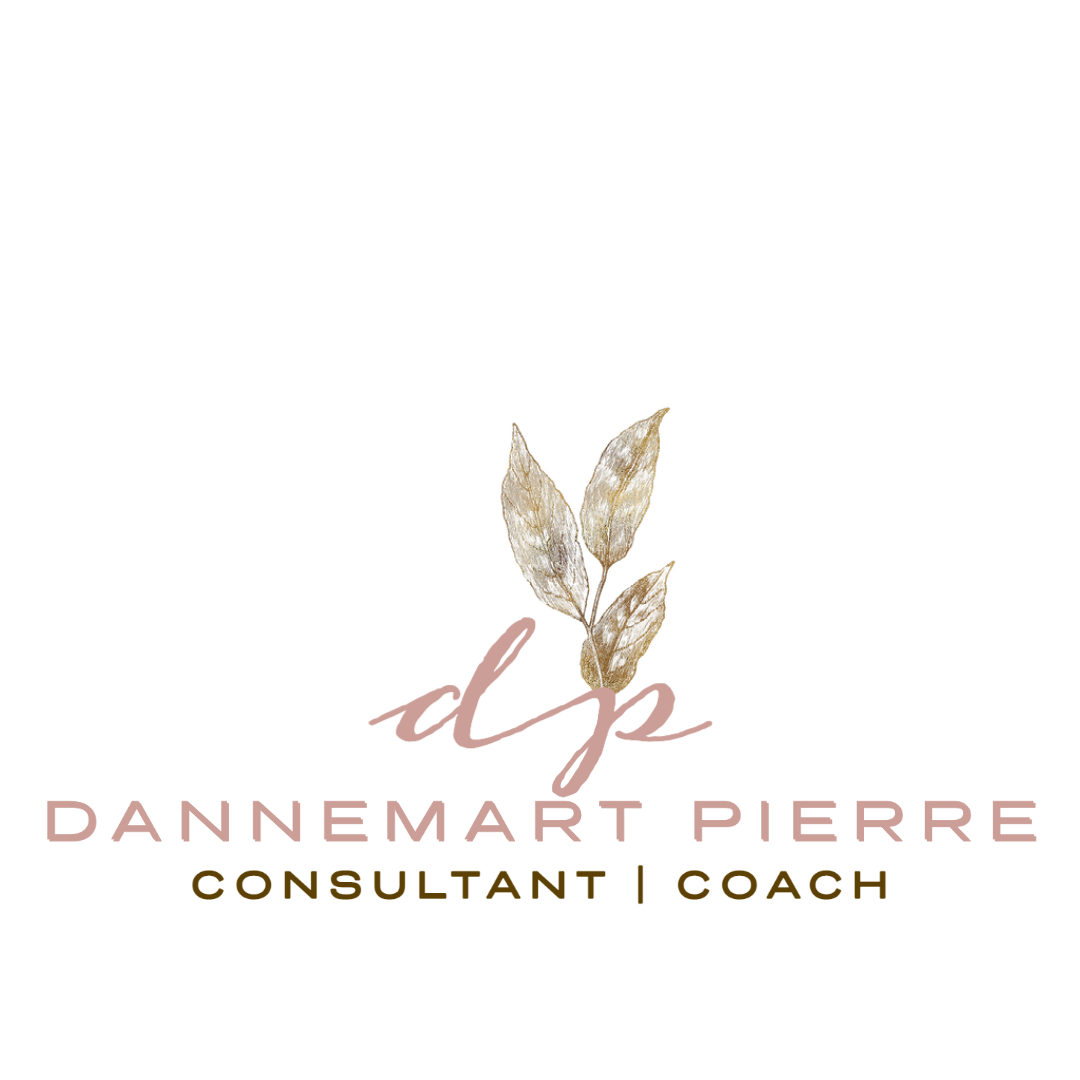The Submarine and the Sea
When I was first laid off from my position, there were many words I used to describe the experience: divorced, ostracized, alienated, severed and amputated, no longer valuable. After all, the termination letter coldly stated that due to organizational restructuring resulting from the pandemic, my position - which had been "mission-critical" to get students back to campus; the same position that was essential for helping students navigate being on a campus where counts and cases were the new normal - was "no longer necessary." I had risked my mental, physical, and emotional health for this position. Like many other higher education professionals, I spent months in psychological turmoil as positions disappeared, as friends and colleagues lost their livelihoods, as anxiety and unrest settled in the pit of my stomach. So being let go felt more like being discarded.
I was not an isolated incident. Research on derailment and how higher education professionals process job loss discovered that many of us liken the sudden separation from our professional community to a divorce or some form of dismemberment (Strietzel, 2021). But in the midst of these roaring thoughts and raging emotions, one image became symbolic of how I was processing my experience: it was one of me, now out in the open sea on a dingy.
I don't know how to swim. In fact, I fear drowning, which has made it very difficult for me to learn. So you can imagine the feeling of being out in the open sea with nothing but a small dingy can be unnerving. And it was… it is unnerving. However, it has also been liberating.
In the 16 months since I was "let go", I reassessed my voyage out to sea as an adventure. I was not "let go", I was "set free" to explore the endless possibilities and unchartered courses of this sea. I challenged myself and took risks. I wrote and got published. I presented at conferences, and developed workshops, started a consulting practice. I went to therapy and invested in my own wellness and development. I learned how to use my voice in the service of my vision, as Audre Lorde urged us. I grew a fondness for the sea. Her peace and her rage. Her beauty and her violence. And even though I was in this dingy, restrained by the limitations of its limited provisions, there was - there is - this intoxicating freedom allowing me to be. Allowing me to navigate every new adventure as a more self-assured version of me.
Throughout this time, there has also been a recurring alternative: the submarine. Returning to higher education felt… feels eerily like signing up to live on a submarine for a few years. The submarine is large, much larger, and safer than my little dingy. It has provisions and sleeping quarters. It offers protection from the elements and from my fears. It provides stability with its guidelines and structures. Naturally, a submarine is a better option than a dingy on the open sea! Naturally to sacrifice the freedom to breathe fresh air, to feel the sun kiss my cheeks and dance across my eyelids, to suffer joy for safety was - natural?
I've been here before, at the intersection of sailing out to sea seemingly aimlessly or climbing on board a submarine. I made the natural choice before without considering what I naturally needed. I want - I am choosing differently this time. I have experience navigating the sea, this time. I know what I need to have joy and safety, this time. This time, it is not between the submarine and the sea, it is between the sailor and the captain.
